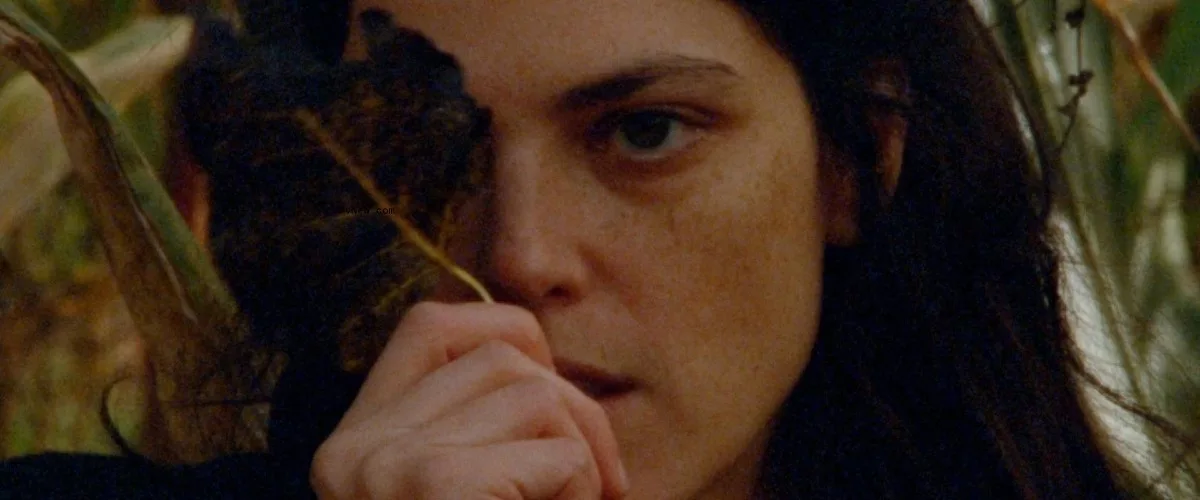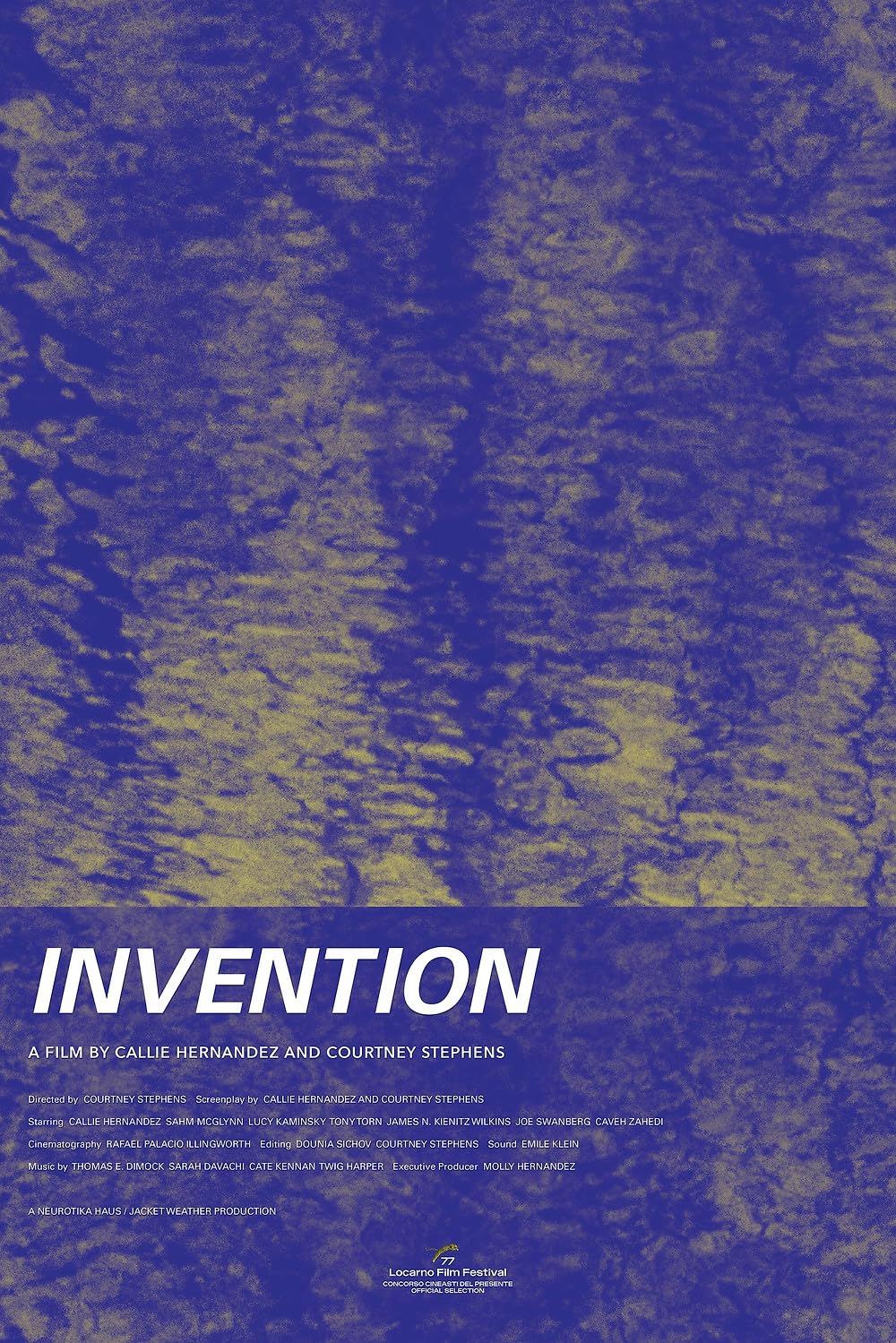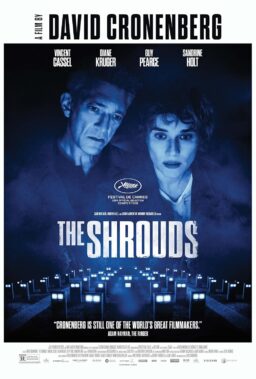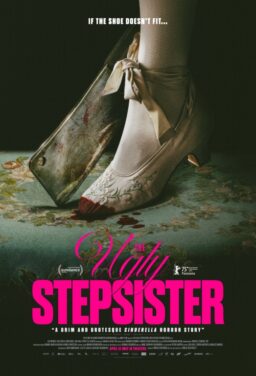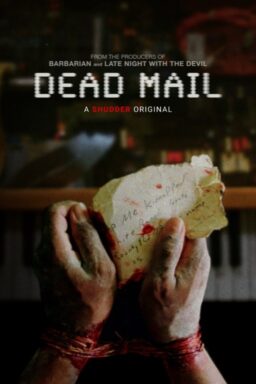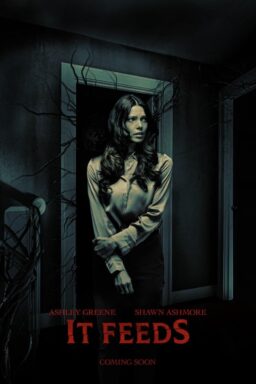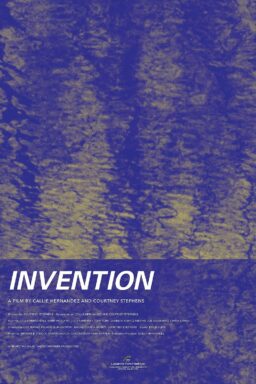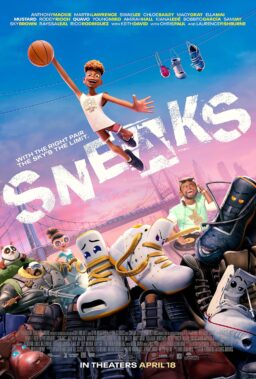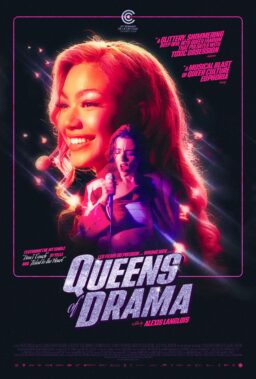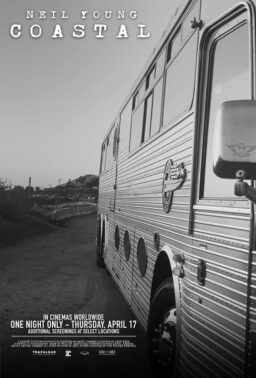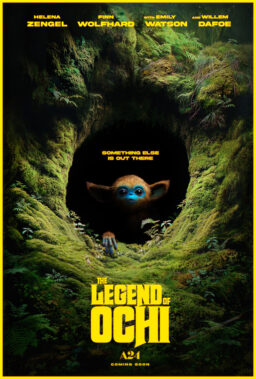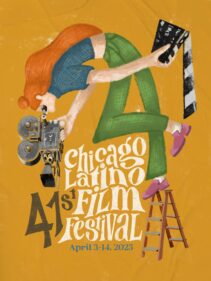Death has a way of stirring up long-forgotten memories. Wiping away the cobwebs of the past, mourning becomes a reason to go back into the attic to revisit nearly forgotten life events and once-treasured moments. But not all nostalgic trips are heartwarming ones. Death can also be just a period at the end of a sentence. No chance to continue a conversation, pick up where you left off, or attempt to heal what time and disagreements have damaged. Maybe the dearly departed was a difficult person whose quirks made it hard to maintain a connection. The finality of this relationship came long before the death certificate.
In the case of Courtney Stephens’ narrative fiction-documentary hybrid, “Invention,” death brings Carrie (Callie Hernandez) a family mystery and grief. Her father, a complex but curious man, dies and leaves her only a patent for an untested electromagnetic medical device that may or may not hold any actual healing power. As she attempts to settle his fraud-riddled estate, she crosses paths with several odd characters including Babby (Lucy Kaminsky), one of her father’s alternative medicine patients, Tony (Tony Torn), a former investor in his ideas; Sahm (Sahm McGlynn), a guy from Boston who falls for Carrie and gets her to open up about her dad; John (Joe Swanberg), an odd Christian manufacturer; and Henri (Caveh Zahedi), a former collaborator of Carrie’s dad who seems a bit too eager to buy the patent to her dad’s electromagnetic healing machine.
“Invention” is a unique collaboration between director Stephens and actress Hernandez that melds fact, fiction, and commentary all in one tribute to an estranged family member. As the movie progresses, there are moments where reality and fiction blur together. There’s a repeating image of a burning candle, like the kind of stock footage you would see in a funeral montage. The voices speaking over the image are not of the characters of the film but of the actors and crew talking, of Hernandez sharing her real memories of her dad and (likely) Stephens congratulating Torn on a good take, as if to remind the audience that the story we are currently watching is both real and unreal and giving the film an experimental texture.
Archival footage of Hernandez’s dad shilling his latest product or alternative medicine idea crops up throughout the film, in the form of interstitial scenes or intrusive memories. In the script, Carrie tells Sahm that the only way to connect with her dad was to show interest in what he was interested in and traces his checkered journey from religion to science to conspiracy theories. Her inheritance is not just his closely guarded but floundering patent; it was also the painful gulf between her and her self-centered dad.
As Carrie and Callie explore their emotions and connection to the subject, Stephens and cinematographer Rafael Palacio Illingworth give the world of “Invention” an appropriately somber color palette and painterly compositions, sometimes from the distance of a curious observer, to create a mournful tone. This kind feels stuck in disbelief and malaise. Shooting on 16mm also gives the film a look from another era, as if Carrie were unearthing her own home movies like those of Callie’s dad’s old VHS news tapes and product pitches. It also makes the surrounding settings feel tranquil yet colorful in light of the changing leaves and seasons. It provides some natural moments of reprieve for Carrie as she visits her dad’s disgruntled collaborators. Hernandez’s performance is guarded and contemplative, unsurprised that her dad’s failed American Dream has left more debt than comfort. She’s also left with the particular shade of not knowing how to grieve a parent who left your life years before their time. Death may stir up difficult memories, but only with time (and in the case of “Invention,” talking through grief) can one process the past.

